Kurokami 黒髪, or black hair, is globally the most common of all human hair colors. Ordinarily, Japanese people have naturally black hair and so do I. Although many of you guys may still have an image of Japanese women with black hair, there are actually very few women these days who haven't dyed their hair before.
According to research done by a Manafusa-survey team in June, 2010, 92% of a 36 woman sample group (21-49 years old, average age: 36.5) have dyed their hair on at least one occasion. So if you come to Japan expecting to see girls with black hair, you may be surprised and/or disappointed by the large number of non-black haired women, albeit the color usually isn't pink, red, or blue like anime characters' but mostly some shade of brown.
To Dye or Not to Dye
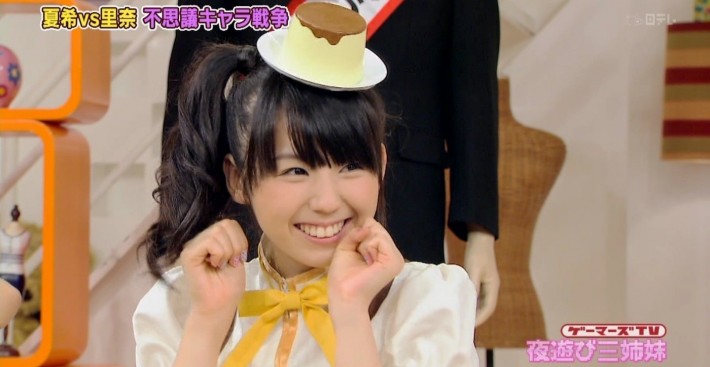
I haven't dyed my hair for years now, but I used to dye it brown. One reason why I haven't dyed it for a while is just because I'm too lazy to keep dying it. When my black roots grow back, I always get called purin-atama プリン頭, which literally means pudding head.
Purin-atama is a hair color condition that happens a few weeks after dying your hair. When the roots begin to grow back, it gives your head the appearance of a Japanese custard pudding. It's like ombre-hairstyle, which is where the hair is darker at the top, but fades to a lighter color at the tips. Another reason is because my husband, who is Canadian, really wants me to keep my hair black. Whenever I tell him that I'm thinking about dying my hair, he says, "Please don't change it, onegai (please)!"
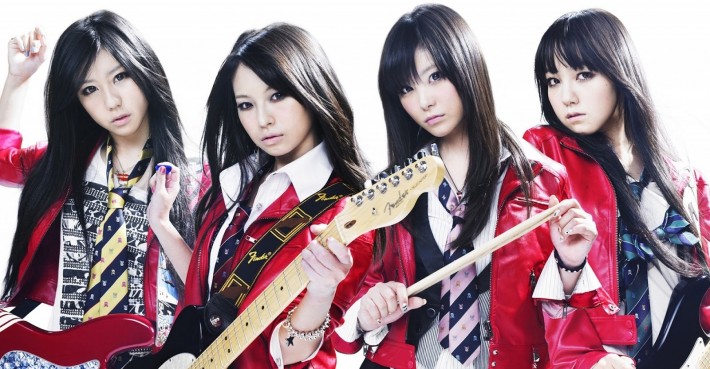
Well, maybe he's just modish and just following the trend. The current trend in the Japanese beauty industry is good old-fashioned natural black hair. This sounds a bit weird, doesn't it? You may be wondering how something naturally occurring can become a trend. I'd say that this explains why so many of the Japanese women who had dyed their hair brown in the past are now dyeing it back to black.
Actually, this black hair trend is seemingly neither a fad nor a craze. It seems that the word 'kurokami' (meaning black hair) started being a buzzword in Japanese fashion magazines and blogs in the mid 2000s. Meanwhile, a few shampoos were introduced that focused on the beauty of Asian hair, such as Asience, Tsubaki, and Ichikami, and their sales show how popular they've become.
Japanese Guys' Preference
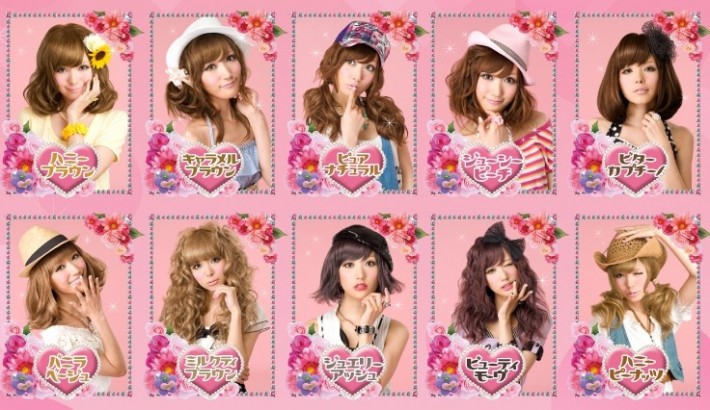
January, 2013 survey was conducted where the participants were asked which color of women's hair is considered to be more attractive to men. 63.7% of the 358 women that partook in the survey said that men would be most attracted to light brown hair. Of the 353 men who participated, 49.7% said that they preferred black hair. Please note, more than two hair colors were presented as options.
A rather large discrepancy in opinion, as you can see. Only 27.7% of the women answered that they thought black hair would be preferred by the men. This result was found by Times Current's research about the correlation between Japanese women's hair and their mote-do モテ度. If you wondered what 'mote-do' means, I apologize. Sometimes it is so much easier to use a Japanese word than to explain in English.
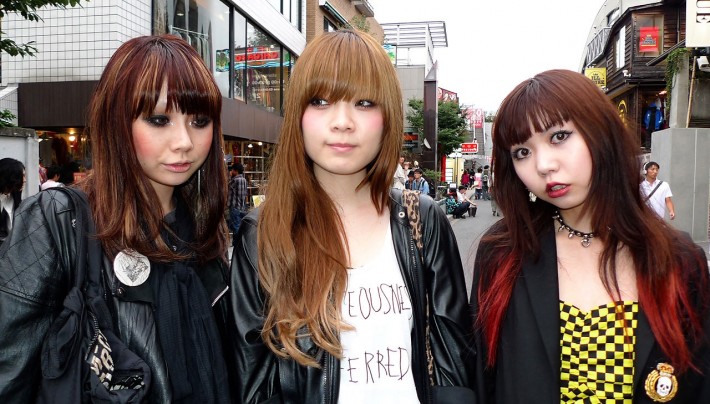
Mote-do is a slang and is a combination of the verb moteru モテる and the counter do 度. The verb モテる means 'to be popular with' and is used relatively often when talking about the opposite sex. The counter 度 is usually used for occurrences, number of times, degree of temperatures or angles, or percentage of alcohol. In this case, is used as a comparative scale.
So, mote-do モテ度 means one's level of popularity among the opposite sex in relation to either physical attractiveness, personality, wealth, fame, or any number of other possible attributes – essentially, how one stacks up against others. What this research indicated was that hair is incredibly important, actually a very highly considered factor for Japanese men and how they view females.
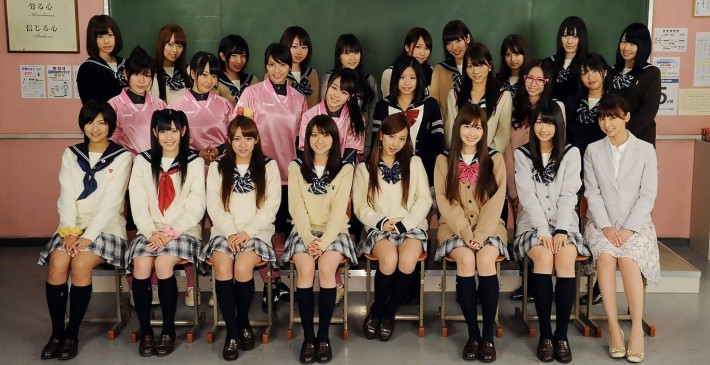
Now, do you think Asian girls look better with their naturally black, soft, silky, hair – or do you prefer their hair to be dyed? It is clear that Japanese men prefer women to have black hair. So how is that if so many women believe that Japanese men prefer light brown hair, that the trend is turning back to black? Only slightly over one quarter of the women in this survey accurately guessed the preference of men, but it is clear that some Japanese women are fully aware of this fact.
The Reason I Don't Want to Dye My Hair Black Again
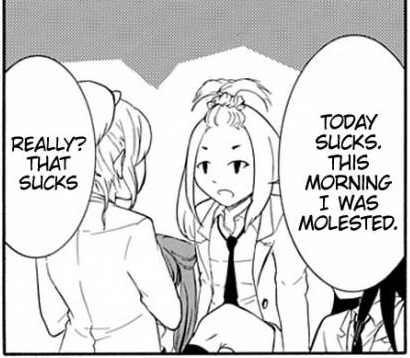
There is a woman named Airi who keeps her hair brown even though she is aware of guys' preferences. Actually, knowing that men prefer women to have black hair is the exact reason why she doesn't want to dye her hair back to black, according to a tweet she made on August 19, 2013. Here is what she tweeted:
私が黒髪に戻したくない(清楚系にしたくない)理由は黒髪清楚系だと、 ・男にとにかくなめられる ・痴漢によくあう ・大人しい、従順だと思われる ・大和撫子をイメージされやすい などの理由がある。髪を染めてばっちり化粧してからは痴漢が激減した。変なおじさんに話しかけられないし、快適。 by Anri @Irispeach
"The reason why I don't want to dye my hair black again (or don't want to look tidy and clean) is because a woman who has black hair and looks tidy and clean can tend to have following problems;
-
They tend to be looked down on by guys.
-
They tend to be molested more often than women with different hair color.
-
Black hair tends to give men the impression that they are gentle, quiet, and obedient.
-
They tend to give an impression of yamato-nadeshiko1
Ever since I dyed my hair and stopped putting in so much time and effort applying makeup to my face, the number of times I've been molested has dramatically decreased. I'm no longer approached by strange men, either. I'm much more at ease now."
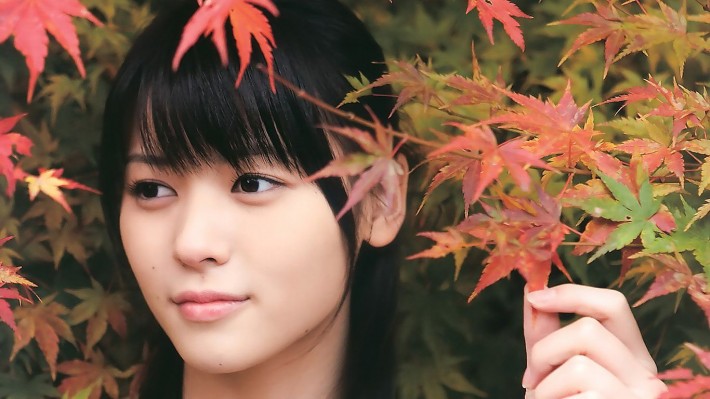
Sure enough, this tweet echoed around the Twittersphere. Maybe it's just me, but upon reading these comments you may have thought they strayed a little from popular opinion. I imagined this tweet would have received a lot of contradictory comments, but I was surprised to see that the comments were resoundingly in agreement with hers. Now, let's have a look at some responses.
茶髪の方が安全なんですね。私も茶髪にしたい。ただ、悪いのは、下衆な男なんだけどね。生まれつきの黒髪の女の子で変えたくない人は困りますし。 by れい @kids1977
"Brown hair is actually more safe? Now, I wanna dye my hair brown, too. Those low-life men are the root of all evil. Girls who have naturally black hair and don't want to dye it can't help it."
私が「ノーメイク+Tシャツジーンズ」を嫌な理由とまったく同じでございます<黒髪に戻したくない理由 私の地元だけかも知れないけどモサい女は男にめっちゃナメられるしセクハラや暴力も受けやすかったのです。 by NaGiSa_FuJiKI @NaGiSa_FJ
"Your reason why you don't want to dye your hair black again is exactly the same as the reason why I don't like 'T-shirt and jeans style + no make-up'. This might only be said in my area, but unfashionable women tend to be looked down on by guys. They are also more likely to be sexual harassed and/or abused."
ちょっと前にネットで騒がれた「小学生と××するには」の漫画にも「服装がテキトーな子を狙え、そういう子は親に構われてないからお菓子やゲームですぐ言いなりだ」的な事がバッチリ書かれてて寒気がしました。 by NaGiSa_FuJiKI @NaGiSa_FJ
"I found a manga which became infamous online a little while ago called 'How to F&#k an Elementary School Girl', in which it actually gave instructions like, 'Find one who doesn't seem to take care of her appearance. Those are the ones who aren't taken care of very well by their parents, so they tend to be more obedient and easily coerced if you give them candies or a game.' I was disgusted."
一時期はやったヤマンバメイクにも予防線の意味があったとか by omiyamairi @ginbreara
"I heard that yamanba make-up2, which was quite popular for a while, was actually done as a preventative method against those acts."
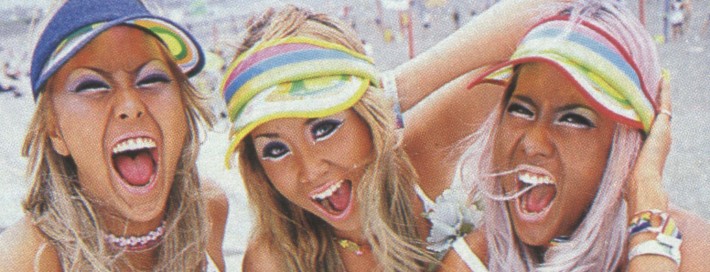
ヤマンバメイクって不思議でしたが、予防線的意味を聞いてからはすべて合点がいったのを覚えてます。女性が直面している生活世界がいかに男性のそれとかけ離れているのかも同時に。男女差に限らず、立場によって直面する世界が全然違う。 by モン=モジモジ @mojimoji_x
"For a long time I wondered why the yamanba girls wore make-up that way, but I remember finally understanding why they do after learning that it's used as a prevention from harassment. I also became aware that the difficulties women can encounter in lives can be so much different than those of men. Actually, gender difference is not the only thing that dictates the occurrence of these events because the situations we could face are all very different depending on who we are and what we do."
似た理由から私は体重も増やしました by Mrs rinnn @erabliman
"I even gained weight on purpose because of similar reasons."
綺麗でいて良いことは少ないと感じた人ほど早くから美の追求の速度が緩まると思いますよ、あとは環境もありますよね、たぶん。 by Mrs rinnn @erabliman
"I think that those who feel it's not good to be beautiful tend to lose interest in maintaining their beauty. It could be different depending on their circumstances, as well, though. Maybe."
I was actually surprised that there were so many supportive responses. Fortunately, maybe just because I'm not attractive enough, I've never been molested before. So, I personally don't understand feeling the need to dye my hair to prevent myself from being molested. Yet, I can imagine how scared they must have been, and likely still are, by being victims, if they believed they needed to dye their hair.
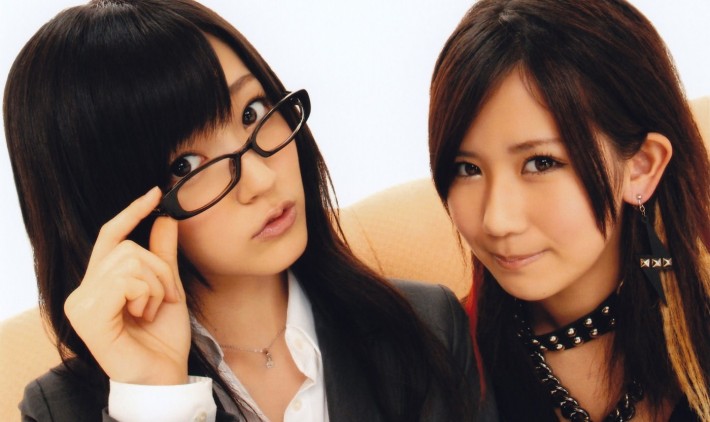
So whether you have black, brown, blonde, red, or green hair, I'm sure this article will pass through your mind the next time you consider dyeing it a new color. It's sad that this is a reality that Japanese women need to think about.
-
Yamato-nadeshiko 大和撫子 is a term for the 'ideal traditional Japanese woman', who is considered to be feminine while being chaste and devoted to her husband. This is now a somewhat antiquated notion, but is still used as the model for the ideal Japanese women. ↩
